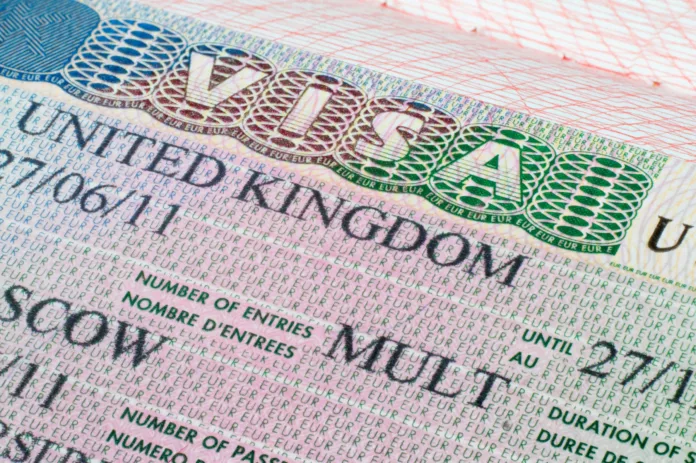By Robert A. Emmanuel
As the United Kingdom announced new visa restrictions for Dominicans seeking to travel to the UK yesterday, there are fresh concerns over what implications the move could have for Antigua and Barbuda and other OECS countries.
The UK Home Office said Wednesday that, with immediate effect, all Dominican nationals will require a visa before travelling to the UK – including to visit – citing concerns over the nature isle’s citizenship by investment programme.
Other countries hit with the new restrictions include Honduras, Namibia, Timor-Leste and Vanuatu.
UK Home Secretary Suella Braverman told British MPs in a letter that the two Commonwealth countries, Dominica’s and Vanuatu’s “operation of a citizenship by investment scheme has shown clear and evident abuse”.
According to the UK government, concerns surrounding Dominica’s programme include:
- Poor due diligence around applications, including those of dependents.
- The provision for name changes upon receipt of citizenship.
- The lack of a residency requirement for applicants.
- The granting of citizenship to nationals of other countries who ordinarily require visas to enter the UK, consequently leading to increased levels of asylum applications.
In January, the ruling administration expressed confidence in a favourable outcome for Antigua and Barbuda as the UK government undertook a review of citizenship by investment programmes (CIPs) in the region.
Following the news about Dominica, Resident British Commissioner to Antigua and Barbuda Lindsy Thompson told Observer that “today’s decision does not include any other countries in the region”.
She added, “The UK monitors citizenship by investment schemes closely across the world where they allow individuals to circumvent the requirement to obtain a visa prior to entering the UK.
“Our visa system is kept under regular review, and decisions to impose or lift visa regimes can be reconsidered.”
Prime Minister Gaston Browne told Observer media that “although the UK has said nothing about the other OECS countries, when your neighbour’s house catches fire, wet yours”.
Maimi-based media outlet Associates Times reported that a trusted source within the UK Home Office had informed them that the plan was to “rescind the existing visa-waiver agreement with certain Caribbean countries, primarily those offering citizenship by investment programmes”.
The article claimed that this was part of the UK’s implementation of the Electronic Travel Authorisation (ETA) system.
However, the UK stated that the decision was separate from the ETA scheme.
“ETAs will be a new requirement for passengers visiting or transiting through the UK who do not need a visa. ETAs will be a digital permission to travel that is valid for two years and travellers will be able to use it to make multiple visits to the UK. The ETA scheme will be introduced in phases across the world in 2024,” the UK press statement noted.
Meanwhile, the UK said that there will be a four-week transition period until August 16 before the visa waiver for Dominica takes effect, and that during this period only visitors who booked their travel before July 19 will be able to enter the UK without a visa.
Acting British High Commissioner to Barbados and the Eastern Caribbean, Charley Williams, wrote that “the UK and Dominica enjoy a close relationship and our governments work together on a range of international issues.
“Today’s announcement is a response to our long-standing concerns about Dominica’s citizenship by investment programme and the risk it poses to the UK.
“The changes will bring Dominica in line with many other visa national countries around the world with which the UK has strong and friendly relations.
“They do not change our commitment to the relationship between our countries or to Dominica’s future. Visas provide access to the UK while helping to secure the UK border.”
Observer media has also approached Chief Executive Officer of Antigua and Barbuda’s Citizenship by Investment Unit, Charmaine Quinland-Donovan, for comment on the story.


